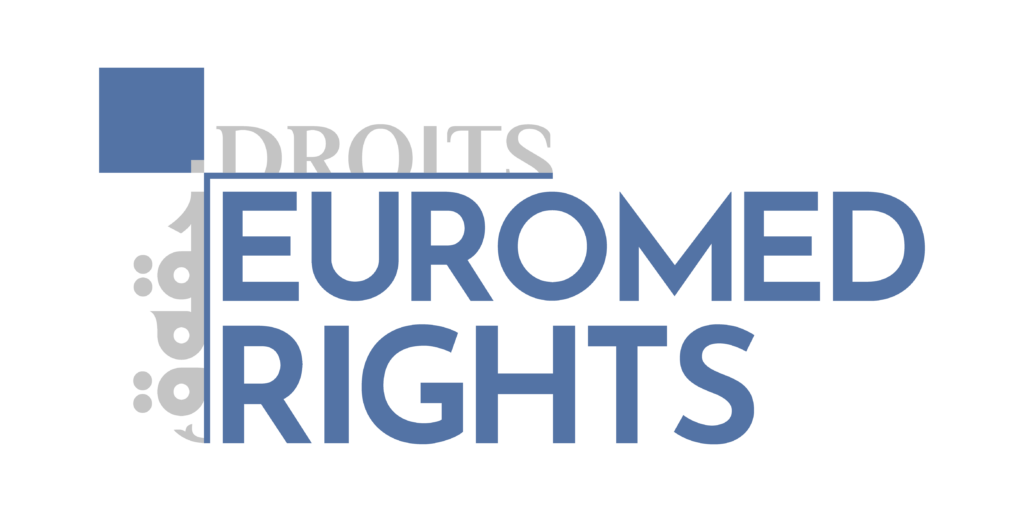The new round of hostilities in Israel and the oPt has resulted in an escalation of violence and several violations of international humanitarian law and human rights. Armed groups affiliated with Hamas broke through the illegal blockade of Gaza, indiscriminately attacked civilians and took over 100 Israelis as hostages, including children and the elderly. The Israeli government responded with overwhelming violence against the Palestinian living in the Gaza strip, bombing civilian infrastructure, targeting densely populated areas and cutting energy, food and water supplies to its more than 2 million residents.
Taking hostages, wanton destruction of civilian property, applying collective punishments, committing outrages to personal dignity through degrading treatment are all violations of international law and constitute war crimes according to the Rome Statute. The targeting of civilians – including launching attacks with complete disregard to civilian life or knowing that such attack will cause widespread civilian loss and long-lasting damages to the local environment – constitutes a gross violation of international law. By all indications, the Israeli government intends to engage in armed attacks against Gaza without any concern for collateral damages.
Root causes must be addressed to end cycle of destruction
It is irresponsible to discuss the ongoing escalation of violence without addressing the root causes of the conflict, which lie in the Israeli occupation and the settler colonial project. The current year saw record numbers of home demolitions and settlements built in the West Bank, with a strong annexationist drive by the most radical Israeli government in history. Prior to the attack this weekend, 200 Palestinians had already been killed by Israeli forces in the West Bank.
The residents of Gaza have languished under an illegal blockade for the past 15 years in what many human rights organizations have described as an “open air prison”. In response to the attacks, the Israeli government has promised an overwhelming response with open calls for a “second Nakba” from Israeli cabinet members and public figures.
Correcting the EU’s inadequate response
It is disturbing that the response from the EU is not a call for de-escalation of violence but rather an unconditional support for Israel’s right to defend itself which will be taken as a carte blanche for the complete destruction of Gaza strip. The current escalation is a consequence of the refusal of the EU and Member states to pursue a real peace process guaranteeing Israeli respect for international law and Palestinian self-determination. The EU should consider that the radicalization of the parties involved and the lack of confidence in the possibility of a peaceful resolution to the conflict derive from a lack of action to move the negotiations beyond the unsustainable status quo for the past 30 years.
The EU and its Member States cannot refuse any longer to engage with all parties in Israel and the Palestinian Authority, in a way that creates an avenue for a comprehensive peace plan that recognizes and enforces the humanitarian and human rights of the Palestinians. Otherwise, the scenes of wanton violence witnessed in Southern Israel and in Gaza will be repeated in the upcoming weeks and months, with immense civilian casualties. The EU should call the Israeli government to strictly abide by international humanitarian law, to which the country is bound. Furthermore, we recommend that the announced EU review of its aid to the Palestinian Authority is extended to include a full review of the EU’s political, economic and military engagement with Israel. Failing to do so would not only risk the collapse of any political and civil infrastructure in the West Bank, penalizing the Palestinian people as a whole, but could also incur in undesired legal consequences for the EU in the current context. Finally, the EU and Member States should publicly support the International Criminal Court investigation into the situation in Palestine so that any war crimes perpetrator at all levels are held accountable for their acts.

